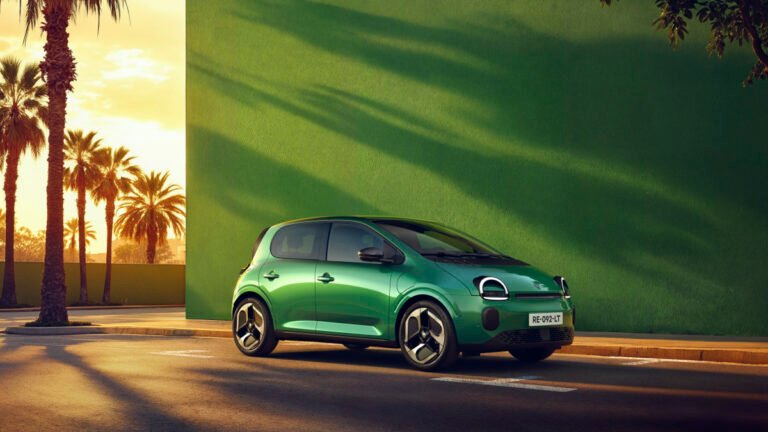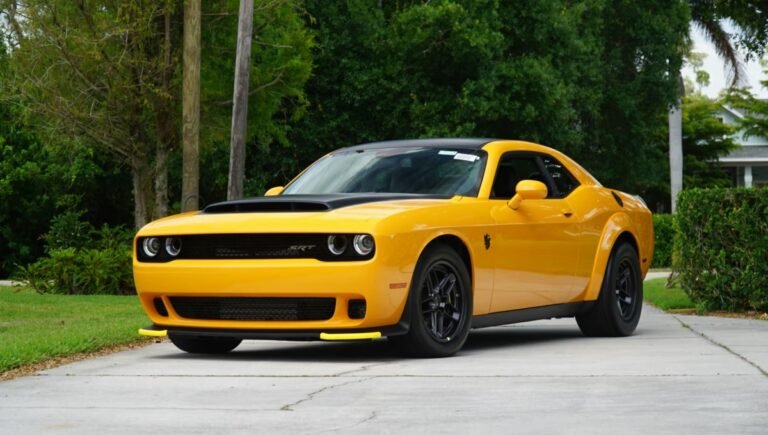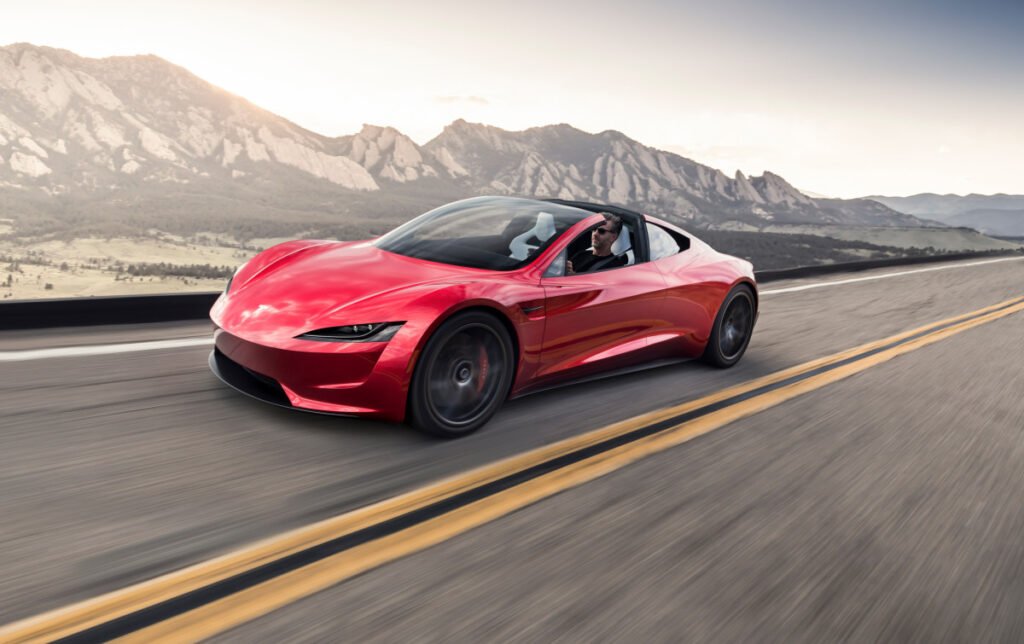
Elon Musk is once again talking about flying cars, and this time, he insists it’s not science fiction. During a recent podcast appearance, the Tesla CEO hinted that the long-delayed Tesla Roadster will feature what he called “crazy technology,” suggesting the upcoming model could incorporate flight-like capabilities or vertical lift. Musk described the prototype as potentially “the most memorable product unveil ever” and teased a demonstration that could take place before the end of 2025.
The comments quickly reignited speculation about whether Tesla might genuinely be preparing a flying car or simply integrating advanced propulsion and aerodynamic systems into the new Roadster. Musk avoided specifics, saying only that people “will have to see at the demo.”
Tesla’s Expanding Definition of Mobility
This isn’t the first time Musk has blurred the line between cars and aircraft. Tesla has previously filed patents related to vector thrust systems, and its partnership with SpaceX for “cold gas thrusters” on the new Roadster has long hinted at limited hovering capabilities. Still, such a leap would mark a massive technological and regulatory challenge, one that could test both Tesla’s credibility and the public’s imagination.
It also comes as Tesla faces intense scrutiny for its existing vehicles. Federal regulators are probing the company’s self-driving operations after several low-speed accidents in Austin, raising doubts about Tesla’s readiness for fully autonomous driving. Launching a “flying car” amid that investigation could invite even more attention from safety authorities.
Meanwhile, the company is dealing with other setbacks that contrast sharply with Musk’s lofty ambitions. Tesla’s recall of over 6,000 Cybertrucks after a light-bar defect, another reminder that building reliable vehicles on Earth is challenging enough, let alone in the air.
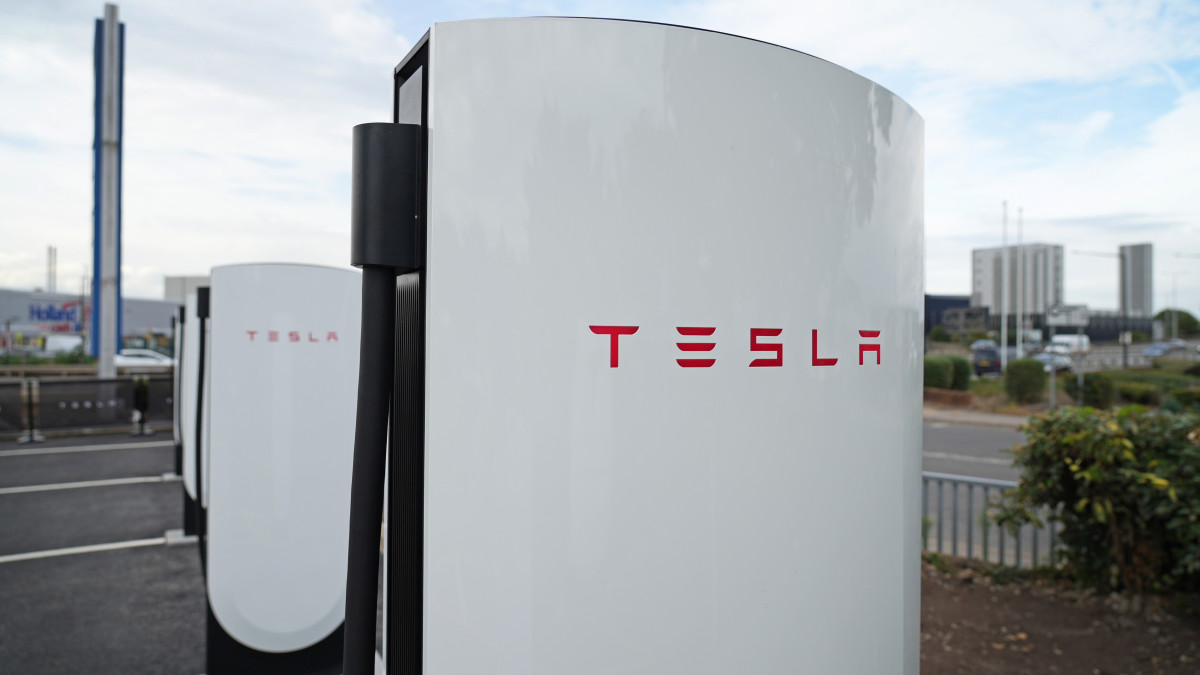
A Company That Never Sits Still
Despite these issues, Tesla continues to push boundaries beyond traditional carmaking. The company recently revealed plans to turn its vast vehicle fleet into a distributed computing network, allowing idle cars to process data for AI applications. The idea would effectively transform parked Teslas into mobile data centers. The flying-car tease fits that same pattern, wild-sounding concepts that could, if realized, reshape the entire mobility ecosystem.
Photo by Axelle/Bauer-Griffin/FilmMagic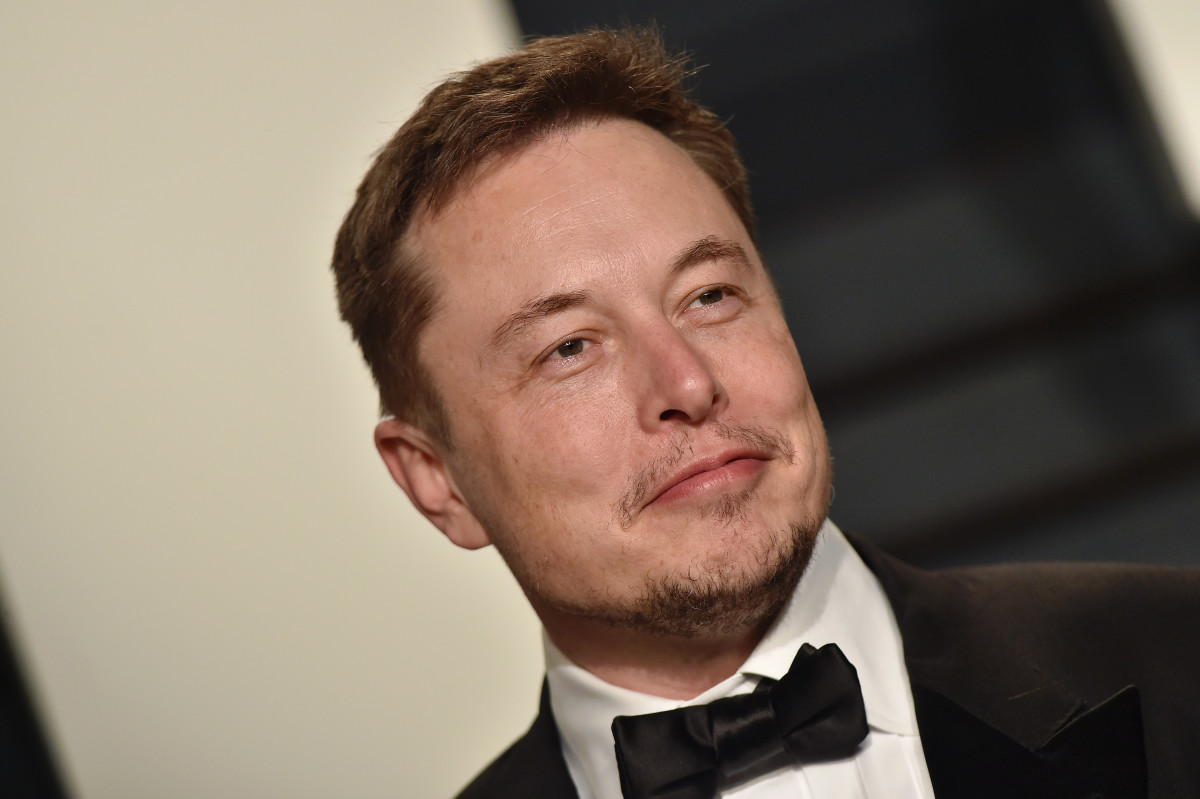
Why It Matters
For Tesla, the flying-car claim serves a dual purpose: keeping public attention locked on the delayed Roadster and reinforcing the company’s identity as a technology pioneer rather than just another automaker. Whether the vehicle truly achieves flight or simply features enhanced aerodynamics, Musk’s comments suggest the next Roadster will debut as a statement of intent, a vision of what Tesla believes the future of performance and innovation should look like.
If the demo happens as promised, it could redefine the boundaries between the road and the sky, or simply extend Tesla’s long tradition of turning bold promises into years of anticipation.

